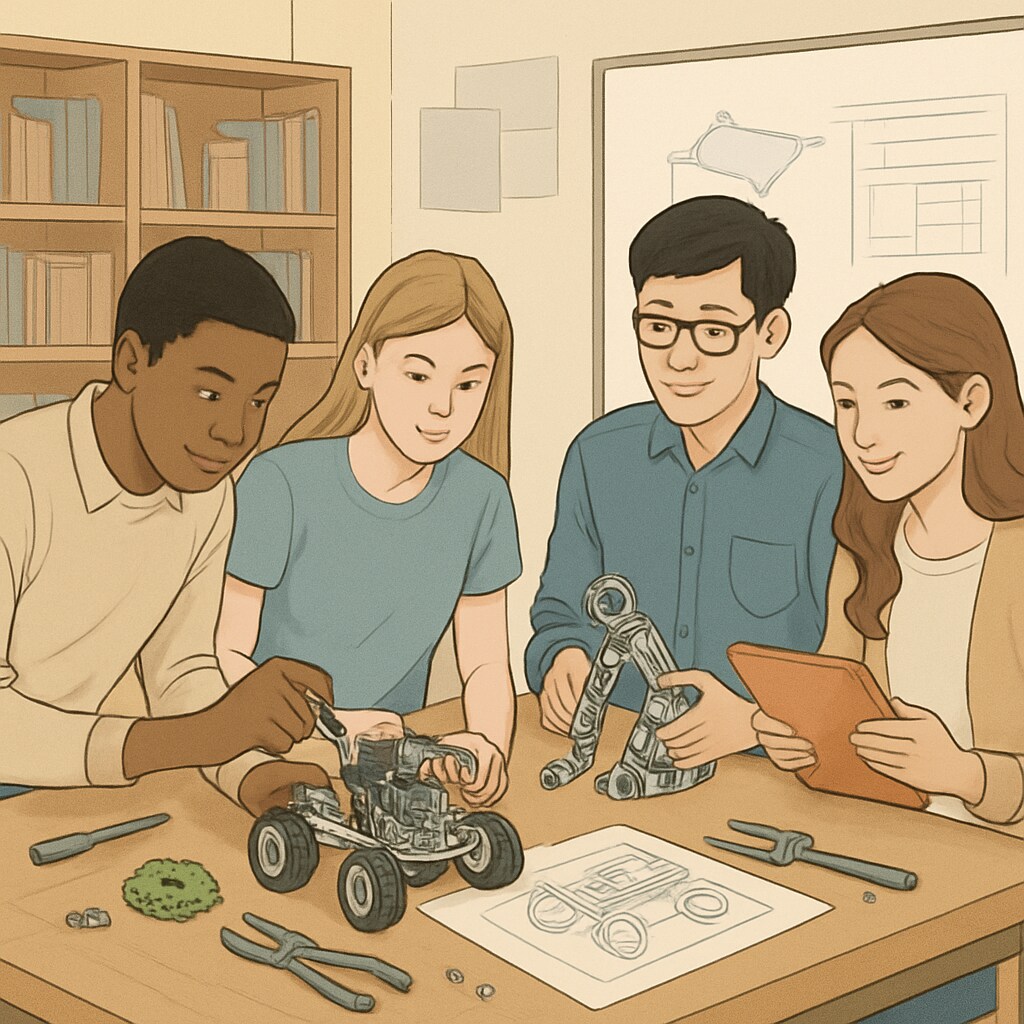As high school students navigate their final years, the importance of seeking education courses, extracurricular learning, and study resources beyond the classroom becomes evident. These external opportunities allow students to tailor their learning experiences, strengthen their skills, and prepare for the future. This guide explores how high school students can identify, evaluate, and utilize these resources effectively to balance academic performance with personal development.

Why Seek Extracurricular Learning Opportunities?
Extracurricular learning goes beyond traditional classroom education, offering students the chance to explore new interests and deepen their understanding of existing subjects. But why is it so vital?
- Broader Skill Development: Programs outside school help develop communication, leadership, and critical thinking skills.
- Personalized Learning: Students can focus on topics not covered in their curriculum, such as coding, foreign languages, or creative writing.
- College and Career Preparation: Engaging in external courses or internships strengthens college applications and resumes.
For example, platforms like Coursera and Khan Academy provide a range of courses designed to enhance both academic and life skills.
How to Identify the Right Study Resources
With numerous options available, it can be overwhelming to find the right study resources. Here are some tips to simplify the search:
- Define Your Goals: Are you aiming to improve your grades, learn a new skill, or explore a future career path?
- Research Credible Platforms: Choose platforms with strong reputations, such as edX or trusted local learning centers.
- Seek Recommendations: Teachers, mentors, and peers can often suggest resources tailored to your needs.
- Read Reviews: Check testimonials and course ratings to ensure the program aligns with your expectations.
By taking the time to evaluate options, students can invest in resources that truly enhance their learning journey.

Balancing Academic and Personal Growth
While extracurricular activities are beneficial, maintaining a balance between academics and personal growth is key. Here’s how students can achieve this:
- Create a Schedule: Allocate specific times for schoolwork, extracurricular activities, and relaxation.
- Prioritize Quality Over Quantity: Focus on a few meaningful activities rather than overloading yourself with commitments.
- Reflect Regularly: Assess whether your activities are contributing to both your academic goals and personal happiness.
Remember, the goal is not just to excel academically but also to nurture passions and develop a well-rounded personality.
Final Thoughts
High school is a pivotal time for students to explore education courses, extracurricular learning, and study resources that complement their classroom experiences. By taking a proactive approach, students can lay a solid foundation for future success, both academically and personally. Start exploring opportunities today to make the most of your high school years!
Readability guidance: Utilize short paragraphs and lists to summarize points; ensure an even distribution of transition words throughout the text; limit the use of passive voice and long sentences.


